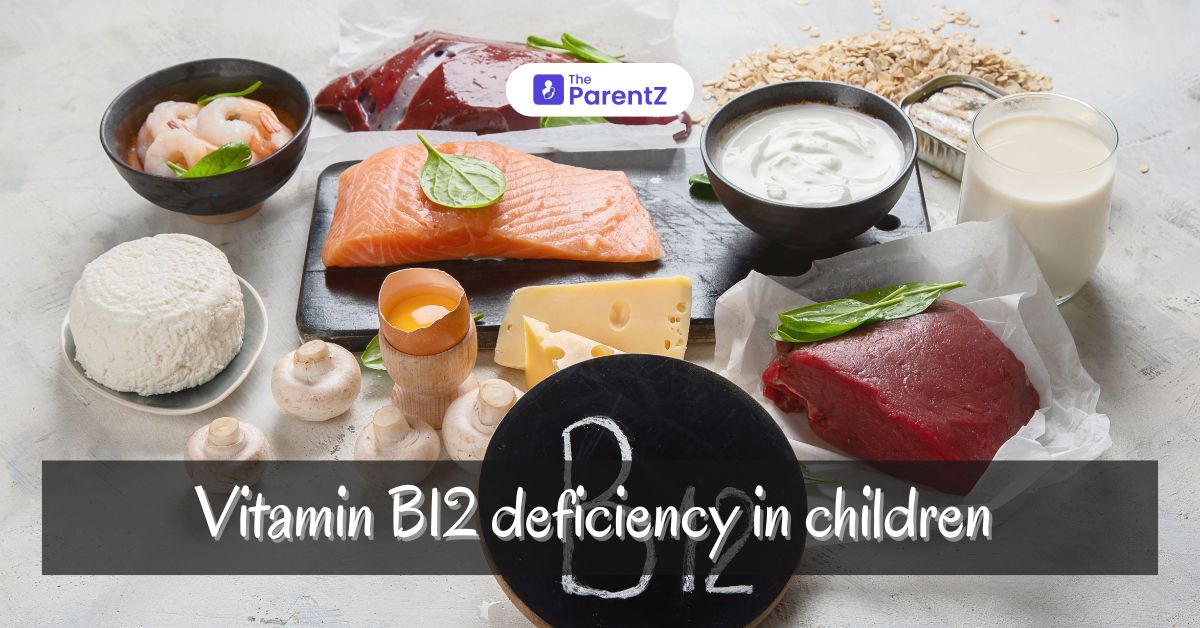What is Vitamin B12 deficiency?
Vitamin B12 deficiency occurs when there is a lack of sufficient Vitamin B12 in the body. This deficiency can have profound effects on various bodily functions, particularly those related to red blood cell formation, neurological function, and DNA synthesis. Vitamin B12, also known as cobalamin, is a crucial nutrient that plays a significant role in various physiological processes within the body. When there is an inadequate intake or absorption of Vitamin B12, deficiency can occur, leading to a range of health problems.
What causes Vitamin B12 deficiency?
Several factors can contribute to Vitamin B12 deficiency, including:
- Inadequate dietary intake of Vitamin B12-rich foods, particularly in populations with limited access to animal products.
- Impaired absorption of Vitamin B12 due to gastrointestinal disorders such as pernicious anemia, celiac disease, or inflammatory bowel disease.
- Certain medications that interfere with Vitamin B12 absorption or utilization, such as proton pump inhibitors or metformin.
- Chronic alcohol consumption, which can impair Vitamin B12 absorption and increase excretion.
- Intrinsic factor deficiency, an autoimmune condition that affects the body’s ability to absorb Vitamin B12 from food.
What signs and symptoms appear in Vitamin B12 deficiency?
The symptoms of Vitamin B12 deficiency can vary in severity depending on the child and may include:
- Fatigue and weakness
- Pale or jaundiced skin
- Shortness of breath and dizziness
- Tingling or numbness in the hands and feet
- Difficulty walking or maintaining balance
- Cognitive impairments such as memory loss or confusion
- Mood changes, including depression or irritability
- Digestive issues such as loss of appetite, nausea, or constipation
How is Vitamin B12 deficiency managed?
Treating Vitamin B12 deficiency typically involves supplementation with Vitamin B12 supplements or injections. For individuals with impaired absorption, such as those with pernicious anemia or gastrointestinal disorders, intramuscular injections of Vitamin B12 may be necessary to bypass the digestive system and ensure adequate absorption. Addressing underlying causes of deficiency, such as dietary deficiencies or underlying medical conditions, is essential for long-term management.
How can you help as a parent?
As a parent, there are several ways you can support your child’s Vitamin B12 needs and help prevent or address deficiency:
- Ensure that your child consumes a balanced diet rich in Vitamin B12-containing foods such as meat, poultry, fish, eggs, dairy products, and fortified cereals.
- Encourage regular consumption of Vitamin B12-rich foods to maintain adequate intake throughout the day.
- Be mindful of factors that can increase Vitamin B12 requirements, such as periods of rapid growth, illness, or stress, and adjust your child’s diet accordingly.
- Advocate for routine screening for Vitamin B12 deficiency during pediatric check-ups, particularly for children at risk due to dietary restrictions or underlying medical conditions.
- Seek medical advice if you suspect your child may be experiencing symptoms of Vitamin B12 deficiency, as early detection and intervention can prevent complications and improve outcomes.








Be the first one to comment on this story.